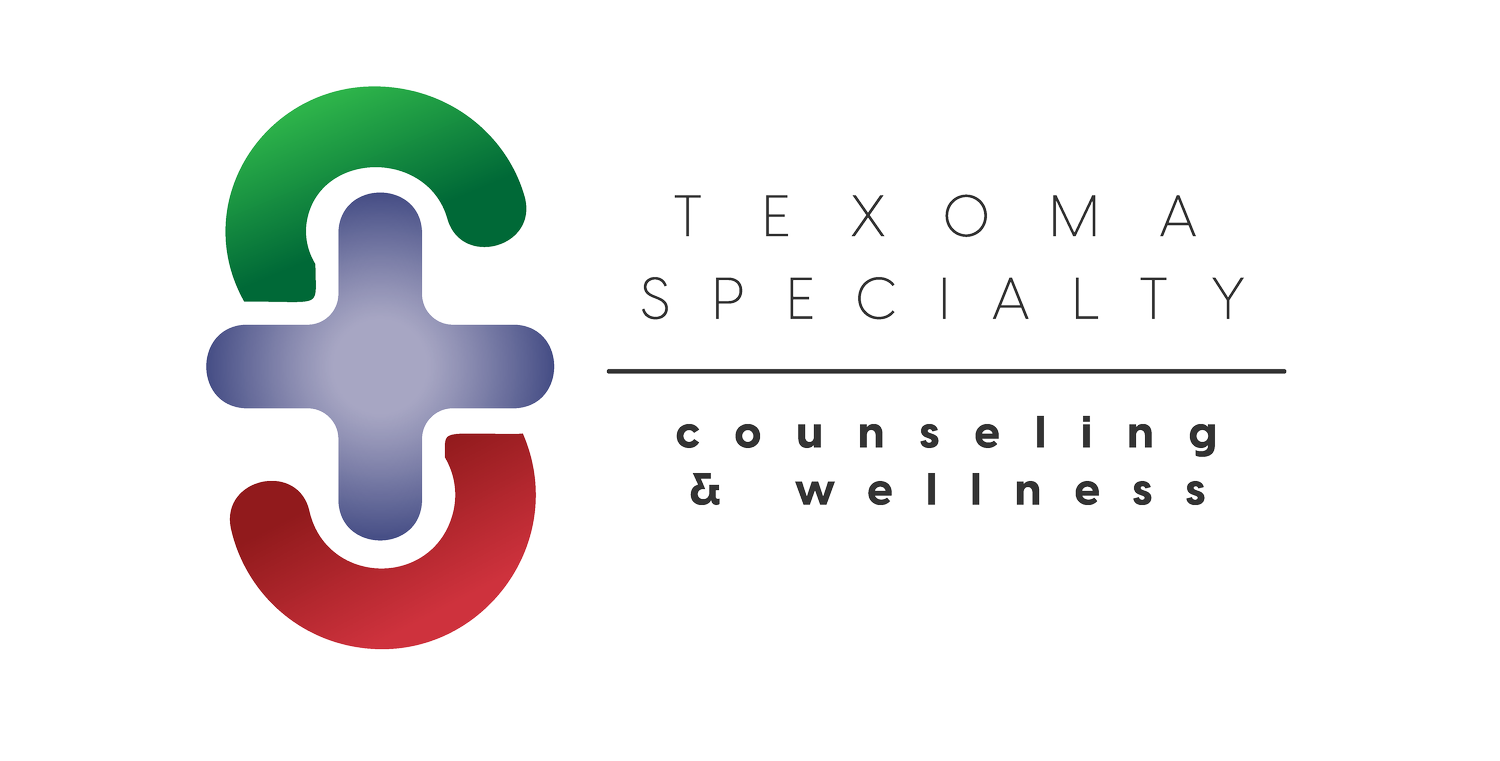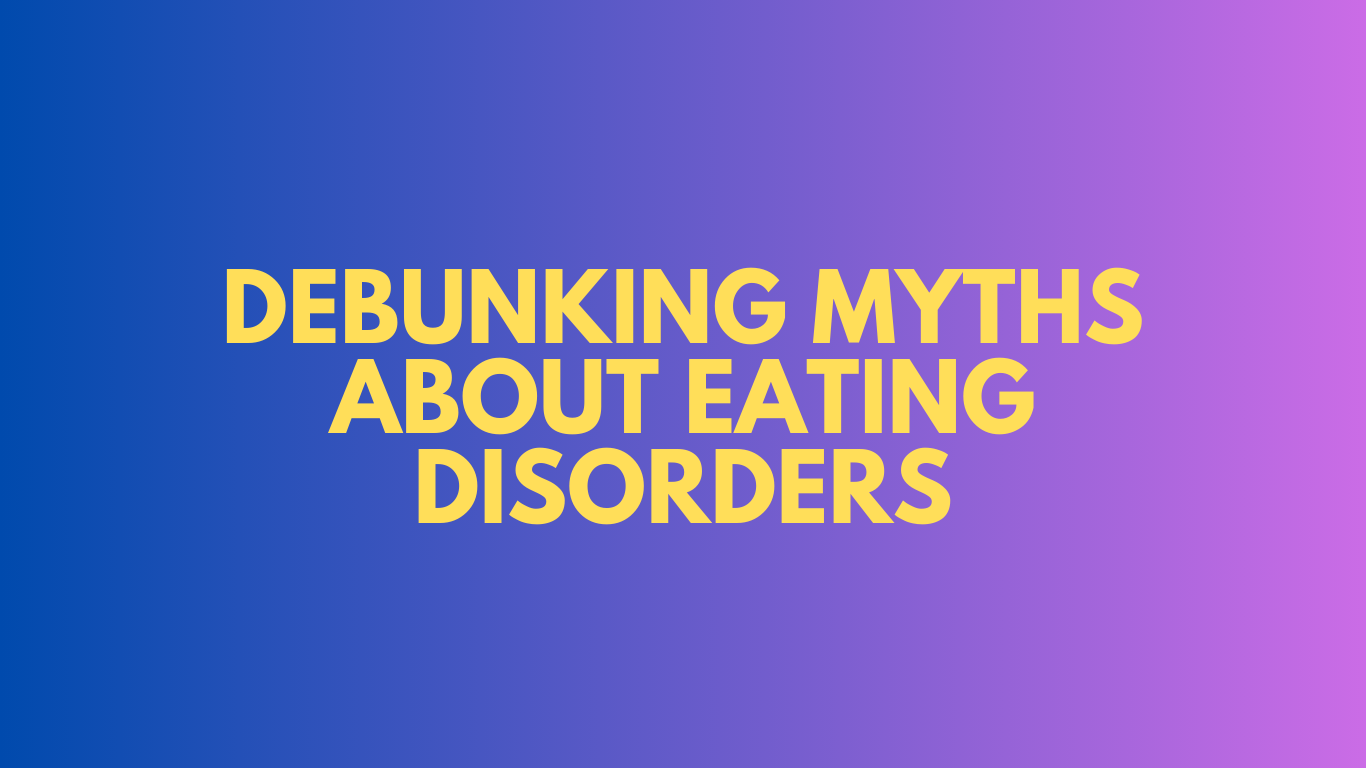Unveiling the Truth: Debunking Myths About Eating Disorders
Dispelling Myths About Eating Disorders: Understanding the Truth Behind the Misconceptions
In a world filled with misconceptions about eating disorders, it's crucial to separate fact from fiction. Join us as we debunk common myths and shed light on the realities of these complex mental health conditions.
There are a lot of myths regarding disorders. Most of the myths can prevent someone from getting help, which is really, really scary. We live in a health obsessed world. And while health is fabulous it can sometimes go too far. Eating disorders have the highest mortality rate than any other mental illness. We have ideas in our mind of what an eating disorder “should” look like, however the signs and symptoms often look a lot different than you would expect. Here are some common myths, and truths, about eating disorders.
Myth vs. Reality: Dispelling Common Misconceptions
An eating disorder can be cured by just eating.
If only it was that easy! Eating is only a part of having an eating disorder. People with eating disorder do eat. They may even love cooking and baking. An eating disorder causes an obsession and anxiety about food.
A person is choosing to not eat.
A person with an eating disorder is emotionally and mentally suffering. No one chooses to binge and starve. No one chooses an eating disorder.
You must be thin and look “emaciated” to have an eating disorder.
On the contrary a person with an eating disorder may have a normal or healthy weight. Someone who is overweight may have an eating disorder.
Too much exercise and extreme exercise cannot be a bad thing.
Sure exercise is great! The level of exercise must meet the level of calories being consumed. When this does not match there are devastating health consequences.
Only women have eating disorders.
Women certainly struggle with eating disorders but so do men, Recent research is suggesting 1 in 4 men have an eating disorder.
Eating disorders are just about vanity.
People do not choose to have an eating disorder. A person with an eating disorder hates their body and feels very dissatisfied with how they look.
If you eat healthy you do not have an eating disorder.
Understanding the Complexity: Why Eating Disorders Are More Than Just Food
Healthy eating is good but obsessing about eating healthy is not good. Someone may be using food to avoid facing emotions, people, and situations. Healthy eating may disguise more restrictive and dangerous eating behaviors.
Only young girls or teenage girls suffer from eating disorders.
Young men and teenage boys also suffer from eating disorders. Women can also develop eating disorder even in midlife. Eating disorders do not discriminate between age, gender, sexual orientation, or socioeconomic level.
Normal weight means you do not have an eating disorder.
Again someone may look healthy but may be struggling with anxiety about body and food. Individuals with bulimia tend to have average weight. Individuals with binge eating can be overweight.
Seeking Help and Finding Hope: Resources for Recovery
If you are concerned that you or a loved one may have an eating disorder try a free online assessment at https://www.nationaleatingdisorders.org/screening-tool. There is help to overcome disordered eating and poor body satisfaction. There is help and there is hope. You can learn to love your body and love your life.
Stephanie Waitt is a licensed professional counselor in Sherman, TX. Stephanie specializes in working with women and men with eating disorders. She aims to help people find balance, peace, confidence, and happiness. In her work with people she emphasizes the importance of self-care and encourages people that being a little selfish is a really good thing. You can learn more about her and her practice here.


